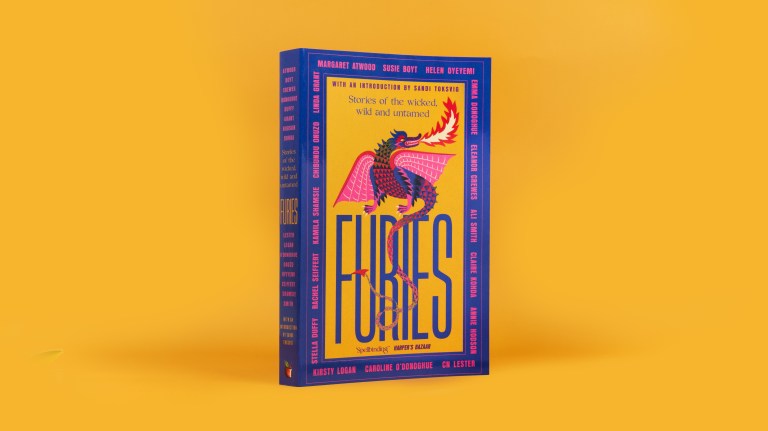Top five things for writers to think about when revising their work by Ruth Tross
Ruth Tross, Senior Editor at Mulholland & Hodder shares five top things to think about when revising your submission for the Virago / The Pool New Crime Writing Prize. Ruth is the editor of one of the prize judges, Erin Kelly. Follow Ruth @ruthtross.
- Writing: Is the language as clear and correct as it can be? No typos, no repetitions, no confusion – is every sentence clear and making its point? It sounds so dull, but these little things throw a reader out of the story; would you understand the stage direction ‘exit, pursued by a bare’?
- Character: do they behave consistently? Even the most monstrous of killers have an internal logic, and follow it. Are they telling you too much about themselves – we don’t think of ourselves as characters, and announce what we’re like to the world or ourselves, it comes out through our movements, our actions, in conversational asides. If they’re lying to the reader, are they lying fairly? You want your reader to throw the book across the room in shock not irritation; and unreliable narrators should omit and obscure and hide; not flat out tell porkies (in their narration; telling lies to other characters is totally fair game.)
- Plot: can you pin point the moments where the book twists, changes, accelerates? Are there enough of them to keep the reader engaged without being exhausted? Are there any plot holes? If it happens over five days, does it really happen over five days or have you slipped an extra day in there? Are the characters able to get across town in the time allowed? (24, I’m looking at you.) Again, it’s the small details that will destroy the world of the book, and when you get caught up in the excitement of writing sometimes you don’t want to stop and map it out and look at the timing and figure out who knew what when and what that means. Which is fine! But that’s what the second draft is for.
- Theme: do you have one? Did you plan one? Has one emerged? If so, is it coming through? Go back, find those moments that ring with the deeper meaning, polish them till they shine. But let them complement the story, not overpower it.
- Description: is that bit of historical detail integrated into the story, or is it a paragraph to prove you’ve done your research? If the latter, can you cut it? Is the description of the weather/countryside/living room adding to the plot/character/theme or is it there because you enjoyed writing it? If the latter, can you cut it? (Actually, pretty much all revision work could be boiled down to: is this needed or can you cut it. Kill your darlings. Have fun.)
Ruth Tross is a Senior Editor at Mulholland & Hodder. Erin Kelly’s latest novel, He Said/ She Said is published on 20th May.
With the Virago/The Pool New Crime Writer Award, we want to discover an exciting new female writer for the Virago list who is writing a suspenseful, intelligent, original crime or thriller novel. Find out more, and how to enter here.






